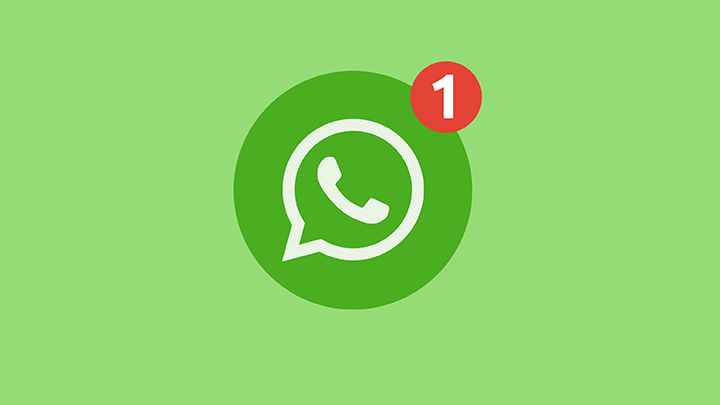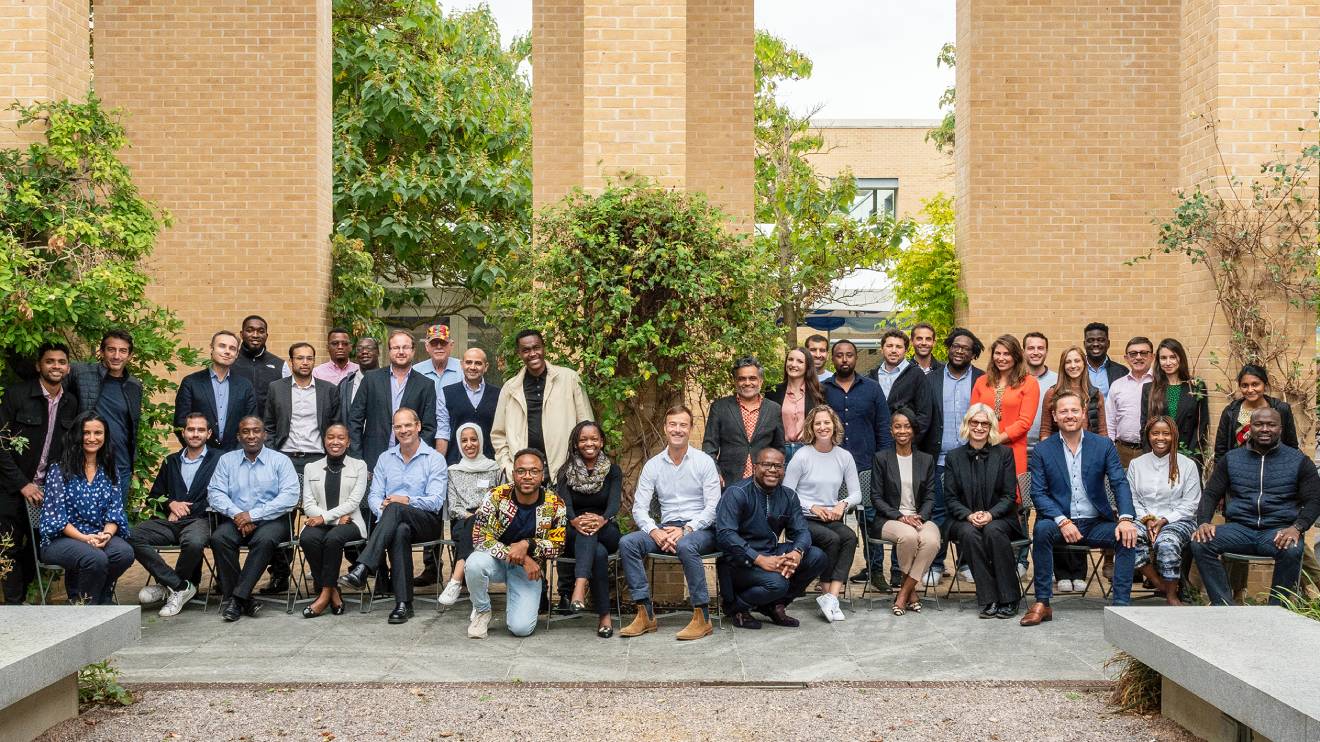WhatsApp has begun introducing advertising to its platform, ending years of speculation about how Meta would monetise the world’s most popular messaging service without interfering with its core experience.
The change, revealed by Meta on Monday, will see promotional content placed exclusively within the Updates tab — the section users access to view status updates and follow channels — and not within private chats.
While ads in messaging apps have often sparked concern, Meta appears to be treading carefully.
The company explained that the move has been planned for years, stating, “We’ve been talking about our plans to build a business that does not interrupt your personal chats for years and we believe the Updates tab is the right place for these new features to work.”
Users familiar with Instagram’s Story ads will recognise the approach. WhatsApp will now insert ads between status posts, replicating that model but limiting the exposure to the Updates section.
Read More
“These new features will appear only on the Updates tab, away from your personal chats. This means if you only use WhatsApp to chat with friends and loved ones there is no change to your experience at all,” Meta assured.
Beyond ads, WhatsApp is also rolling out a twofold monetisation model — subscription-based channels and promoted content within channels.
Payments for subscriptions will be processed via the app stores.
Additionally, WhatsApp will rely on select user data, such as region, language, and followed channels, to tailor advertising.
In cases where users have linked their WhatsApp with Meta’s Accounts Center, a broader spectrum of ad preferences will come into play.
“For people that have chosen to add WhatsApp to Accounts Center, we’ll also use your ad preferences and info from across your Meta accounts,” Meta clarified.
However, the decision to bring advertising to WhatsApp has rekindled old criticisms, particularly surrounding user trust.
A 2012 blog post by WhatsApp co-founder Jan Koum resurfaced shortly after the announcement. In it, he expressed a clear stance: “We want WhatsApp to be the product that keeps you awake... and that you reach for in the morning. No one jumps up from a nap and runs to see an advertisement.”
He had further warned users about the trade-off involved in ad-driven platforms: “Remember, when advertising is involved you the user are the product.”
WhatsApp, launched in 2009 and acquired by Meta (then Facebook) in 2014, has largely resisted ads in its core messaging features.
But more than a decade on, and following the rapid expansion of its features like Channels and Status, Meta appears to have found a way to monetise without touching the app’s most sacred space — the chat screen.
As Meta leans into the vast reach of WhatsApp — with 1.5 billion people using the Updates tab daily — the company is wagering that this new direction will open a fresh stream of revenue while maintaining user trust. Whether that balance holds, however, remains to be seen.










-1757586635.jpg)
